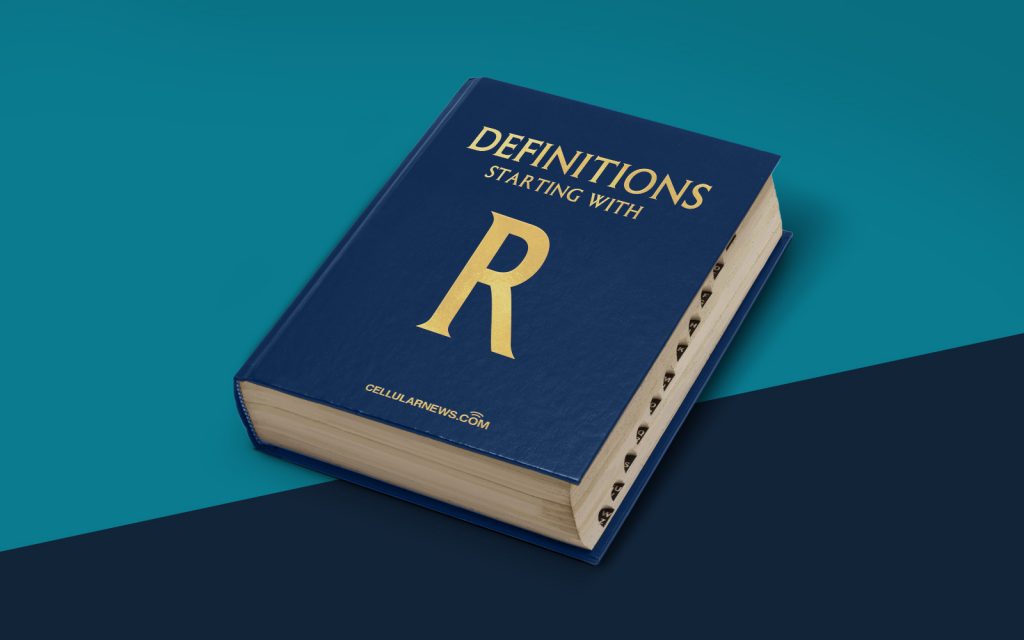
What is Request for Comments (RFC)?
Request for Comments (RFC) is a term that is commonly used in the realm of computer networks and internet protocols. Simply put, an RFC is a document that details proposed standards, protocols, or procedures relating to the internet and its technologies. It serves as a means for experts and developers to share ideas, seek feedback, and collaborate on the development of these internet standards.
Key Takeaways:
- RFC, short for Request for Comments, refers to a document that specifies proposed standards, protocols, or procedures related to the internet and its technologies.
- An RFC aims to gather feedback, promote collaboration, and define consensus on internet standards among developers and experts in the field.
While the term “Request for Comments” may sound like a formal process, it actually has its roots in the early days of the internet when it was still being developed and standardized. RFC documents were initially used by the Internet Engineering Task Force (IETF) and other organizations to document proposals, discuss technical issues, and establish standards for the growing network.
Over time, RFCs have become a widely recognized way for individuals and organizations to contribute to the evolution and improvement of internet technologies. They allow experts to present their ideas, theories, or protocols to the larger development community. This community, in turn, provides feedback, suggestions, and potential improvements, leading to the refinement and standardization of these proposals.
An RFC typically covers a wide range of topics, including network protocols, internet architecture, security measures, and application-specific standards. These documents are often written in a technical and formal manner, providing detailed specifications and explanations.
It’s important to note that RFCs are not binding standards or regulations enforced by any governing body. Instead, they represent a collaborative and iterative process aimed at achieving consensus and widespread adoption. Once an RFC gains sufficient support and refinement, it may eventually evolve into an official internet standard.
The impact of RFCs on the development of the internet cannot be understated. They have contributed to the creation of fundamental protocols and technologies such as TCP/IP, HTTP, and SMTP, which form the backbone of the modern internet. Without the open and collaborative nature of RFCs, the internet as we know it today would not exist.
In conclusion
Request for Comments (RFC) is a vital process in the development and standardization of internet technologies. It allows experts to propose, discuss, and refine standards, protocols, and procedures relating to the internet. Through collaboration and feedback, RFCs have played a key role in shaping the internet as we know it today.
